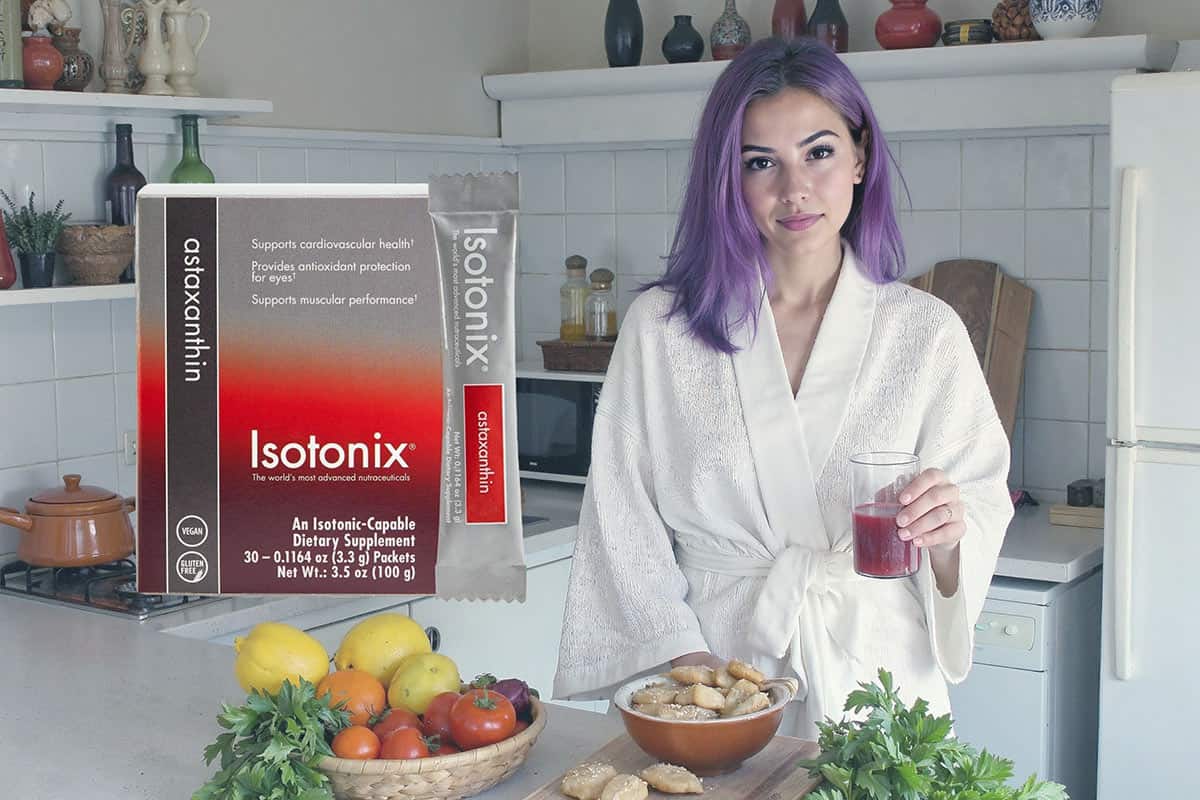In today’s fast-paced, consumer-driven world, more people are discovering the beauty of minimalism—a lifestyle that focuses on simplicity, intentionality, and mindfulness.
Minimalist living isn’t just about decluttering your home or owning fewer items; it’s about rethinking how we live, how we spend our time, and what we value most. The rewards of minimalism can be profound, especially when it comes to mental and emotional well-being.
So, why does minimalist living make us happier? Here are 10 compelling reasons that show how adopting a minimalist lifestyle can lead to a more joyful, fulfilling life.
Less Clutter, More Mental Clarity
The phrase “a cluttered space equals a cluttered mind” holds more truth than we often realize. When our living spaces are overwhelmed with things—clothes we don’t wear, gadgets we don’t use, piles of papers—it can create a feeling of chaos and anxiety.
Studies have shown that a cluttered environment negatively affects our ability to focus and process information. Every time we see a disorganized room, our brain is subtly reminded of things left undone or neglected, adding to mental stress.
By adopting a minimalist lifestyle, we reduce the physical clutter around us, creating cleaner, more organized spaces that promote calm and relaxation. In turn, this leads to greater mental clarity, allowing us to focus on tasks more effectively and to be more present in the moment. A decluttered space can feel like a mental detox, giving you room to breathe and think more clearly.
Financial Freedom and Less Pressure to Keep Up
The world around us is constantly encouraging consumption—from advertisements on social media to societal pressure to own the latest gadgets or fashion trends. This leads many people into a never-ending cycle of spending, debt, and financial stress.
Minimalism offers an alternative approach by encouraging us to buy only what we truly need and to focus on quality rather than quantity. When we prioritize intentional purchases, we can significantly cut down on unnecessary spending. This shift in mindset leads to saving more money, which can then be used for experiences, travel, or building a financial cushion for the future.
Financial freedom, in turn, removes the pressure to keep up with others. You’re no longer chasing the latest trends or feeling inadequate because you don’t own the newest phone or designer clothes. The result? You’ll feel more content with what you already have and less stressed about money.
More Time for What Truly Matters
Think about the time we spend managing our possessions—cleaning, organizing, repairing, or replacing them. Minimalist living reduces this burden, freeing up time to focus on what truly matters: relationships, personal growth, creativity, and experiences.
Minimalists often report a sense of relief in knowing they no longer need to maintain or worry about excessive material goods. With fewer distractions and demands on your time, you can prioritize meaningful activities, whether it’s spending more quality time with loved ones, pursuing a passion project, or simply enjoying life’s quiet moments.
Imagine waking up on a Saturday morning without the weight of household chores or errands related to managing your possessions. Instead, you’re free to meet friends for coffee, take a hike in nature, or read a book—activities that add value to your life and contribute to lasting happiness.
Less Stress and Decision Fatigue
We live in an era of choice overload, where even small decisions—like choosing an outfit for the day or deciding what to cook for dinner—can feel overwhelming. When you have too many options, decision-making becomes exhausting, leading to what psychologists call “decision fatigue.”
The more decisions you have to make throughout the day, the more drained your mental resources become, contributing to stress and frustration.
Minimalism helps alleviate decision fatigue by streamlining your life. A capsule wardrobe, for instance, allows you to have fewer but better clothing options, making it easier to decide what to wear. By reducing the number of choices you face each day, minimalism creates more mental space and reduces stress, allowing you to focus your energy on what truly matters.
Increased Gratitude and Appreciation for What You Have
When you own fewer things, you naturally develop a deeper appreciation for the items that remain in your life. Each item has a specific purpose or brings joy, rather than just taking up space. Minimalism encourages mindfulness in the way we consume, reminding us that we don’t need more to feel content.
This mindfulness extends beyond material goods. You begin to notice the little things in life—sunlight streaming through your window, a quiet moment of solitude, or the joy of a simple meal.
Minimalism cultivates gratitude by shifting the focus from accumulation to appreciation. Gratitude, in turn, is a powerful predictor of happiness. People who practice gratitude regularly tend to be more optimistic, have lower levels of stress, and feel more satisfied with their lives.
A Positive Environmental Impact
Living a minimalist lifestyle can significantly reduce your carbon footprint. By consuming less, you contribute less to waste and pollution. Minimalists often choose to invest in higher-quality, durable products instead of cheaper, disposable ones, which supports sustainability.
They also tend to favor experiences over material goods, which helps combat the culture of overconsumption and fast fashion.
Knowing that your lifestyle choices are positively impacting the planet can also enhance your sense of purpose and fulfillment. Feeling aligned with environmentally conscious values brings a sense of connection to the world around you, contributing to a deeper sense of happiness.
Enhanced Mental and Emotional Well-being
Minimalism often overlaps with practices such as mindfulness, meditation, and intentional living, all of which have been shown to improve mental health. By simplifying your life and eliminating distractions, you can better manage anxiety, reduce mental noise, and foster emotional stability.
Minimalist living encourages you to be present. With fewer distractions pulling at your attention, you can focus more on your emotional needs, process feelings effectively, and respond to stressors with greater resilience.
As you clear away the clutter—both physical and mental—you may find that you also clear away much of the emotional baggage that keeps you stuck in patterns of worry and stress.
Freedom from the Comparison Trap
In a world where social media constantly pushes images of other people’s lives and possessions, it’s easy to fall into the trap of comparing yourself to others. This can lead to feelings of inadequacy, envy, and unhappiness. Minimalism, by its very nature, encourages you to reject this comparison culture.
When you embrace minimalist living, you stop measuring your worth by the things you own or how you appear to others. Instead, you learn to value experiences, relationships, and personal growth over material possessions.
This shift in mindset helps you focus on your own journey rather than trying to compete with the curated lives you see online. The freedom from comparison brings peace and contentment, leading to greater happiness.
Improved Decision-Making Skills
When your life is simplified and streamlined, you become more intentional with your decisions. You stop making choices based on impulse or societal pressure and start considering what aligns with your values and long-term goals.
Minimalist living encourages careful, mindful decision-making, whether you’re deciding on a purchase, a career move, or a lifestyle change.
Over time, this practice of mindful decision-making builds confidence and self-trust. Instead of second-guessing yourself or feeling regret over poor decisions, you can move forward with clarity and purpose, knowing that each decision is aligned with your true needs and desires.
Living with Purpose and Fulfillment
At its core, minimalist living is about living with intention and purpose. It encourages you to examine what truly matters to you and to let go of everything else. This mindset shift helps you focus on experiences, relationships, and personal growth over the accumulation of possessions.
The result? A life that feels more meaningful and fulfilling. Minimalists often report a deeper sense of connection to their values, a greater appreciation for the simple joys of life, and a feeling of being more present and engaged in their day-to-day activities.
Rather than chasing fleeting moments of happiness through material goods, minimalism allows you to cultivate lasting happiness through purpose-driven living.
Final Thoughts: Less is Truly More
Minimalist living isn’t about deprivation—it’s about freedom. By shedding the excess, you gain more time, energy, and mental space to focus on what truly brings joy and meaning to your life. It’s about living with intention, appreciating the simple things, and finding happiness in the present moment.
If you’ve been feeling overwhelmed, dissatisfied, or constantly chasing after the next thing, minimalism may offer the clarity and peace you’ve been searching for. In a world where we’re often told that more is better, minimalism reminds us that sometimes, less is truly more.
Further Reading: Top Books on Minimalist Living
For those looking to dive deeper into the world of minimalist living, here are a few highly recommended books that explore various aspects of simplicity, intentional living, and minimalism:
- The Life-Changing Magic of Tidying Up by Marie Kondo
- This international bestseller offers practical tips for decluttering and organizing your space while emphasizing the joy that comes from owning fewer things. Kondo’s method of asking whether items “spark joy” has become a cornerstone for many embracing minimalist living.
- Minimalism: Live a Meaningful Life by Joshua Fields Millburn & Ryan Nicodemus
- Written by the creators of The Minimalists, this book delves into the philosophy behind minimalism, focusing on how it can lead to a life of purpose, contentment, and happiness. It explores how minimalist living impacts relationships, health, and personal growth.
- Goodbye, Things: The New Japanese Minimalism by Fumio Sasaki
- In this candid and insightful book, Sasaki shares his personal journey into minimalist living, discussing the emotional and mental freedom that comes with letting go of possessions. He highlights how owning less leads to more happiness and greater peace of mind.
- Essentialism: The Disciplined Pursuit of Less by Greg McKeown
- While not strictly about minimalism in terms of possessions, McKeown’s book dives into the concept of essentialism—focusing on the things that truly matter in work and life. It’s a great read for anyone looking to streamline their commitments and simplify their priorities.
- Soulful Simplicity by Courtney Carver
- In this book, Carver shares her personal journey toward simplicity and how it transformed her life. Soulful Simplicity explores how minimalist living can positively impact our health, relationships, and emotional well-being.
These books offer not only practical tips but also deep insights into how minimalist living can enhance all areas of life, from finances and relationships to mental clarity and emotional fulfillment.
What About You?
Have you explored minimalist living or are you thinking about starting?
I’d love to hear your thoughts! What aspects of minimalism resonate with you the most? What challenges do you face on your journey to simplify?
Share your experiences, questions, or tips in the comments below—I can’t wait to see what you have to say!

